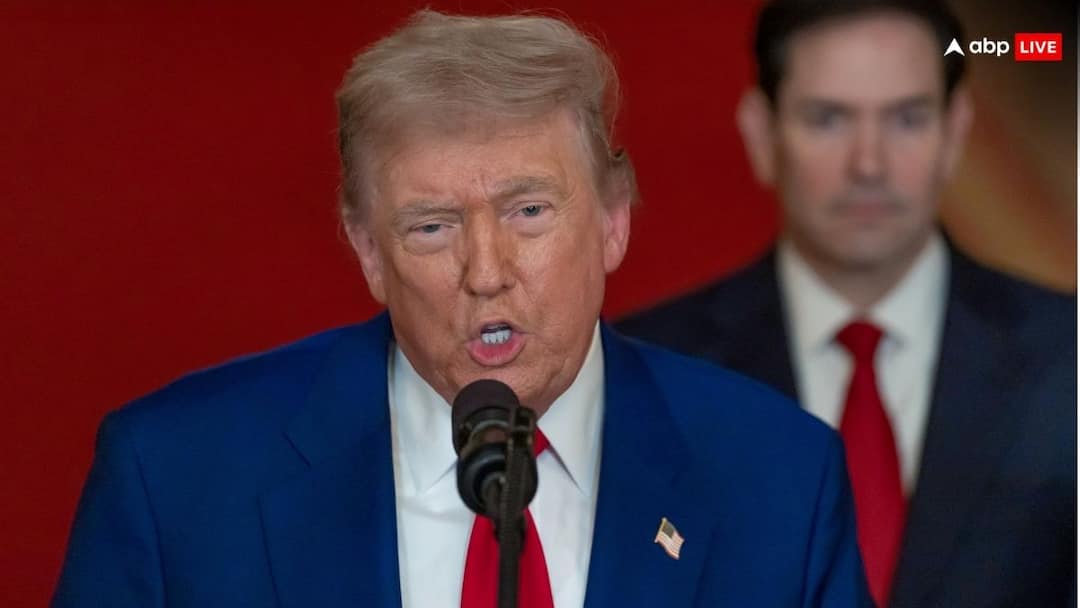The U.S. Justice Department announced Friday that it will move forward with President Donald Trump’s request to examine Jeffrey Epstein’s connections to former President Bill Clinton and JPMorgan, a decision that arrives as Trump attempts to redirect scrutiny away from his own past ties to the disgraced financier.
The decision comes just two days after a congressional committee released thousands of pages of documents raising fresh questions about Trump’s relationship with Epstein. It also marks the latest instance in which Trump has publicly pressed federal law enforcement to investigate individuals he views as political adversaries.
Trump Pushes Investigators Toward Clinton, JPMorgan
Attorney General Pam Bondi confirmed that Jay Clayton, the top federal prosecutor in Manhattan, will lead the new inquiry.
For months, the Epstein saga has posed political challenges for Trump, intensified by his frequent promotion of conspiracy theories about Epstein to galvanize his supporters. Many of those voters believe Bondi and other administration officials worked to obscure Epstein’s connections to influential figures, along with unanswered questions surrounding Epstein’s 2019 death by suicide in a Manhattan jail.
Trump has repeatedly leveraged the Justice Department to pursue perceived opponents, including former FBI Director James Comey and New York Attorney General Letitia James. Both were charged after Trump replaced the prosecutors overseeing their cases.
‘Not How It’s Supposed To Work’
Legal experts warn that Trump’s efforts could jeopardize the legitimacy of any resulting criminal cases. Judges may dismiss charges that appear to stem from “vindictive prosecution”, a claim both Comey and James have raised, though courts have not yet ruled on their motions.
Patrick J. Cotter, a former federal prosecutor, criticized Trump’s demands, calling them “outrageously inappropriate,” adding, “That’s not how it’s supposed to work.”
Along with Clinton, who interacted socially with Epstein in the early 2000s, Trump said he also instructed the Justice Department to investigate former Treasury Secretary Larry Summers and LinkedIn co-founder Reid Hoffman. All three were named in the 20,000 Epstein-related documents released Wednesday by the House Oversight Committee.
Trump doubled down on social media, insisting: “Epstein was a Democrat, and he is the Democrat’s problem, not the Republican’s problem! They all know about him, don’t waste your time with Trump. I have a Country to run!”
JPMorgan, which did business with Epstein from 1998 to 2013, expressed regret about its past ties, saying the bank did not assist Epstein in committing any “heinous acts.”
Clinton’s deputy chief of staff, Angel Urena, said on X that the released emails show “Bill Clinton did nothing and knew nothing,” dismissing the controversy as “noise meant to distract from election losses, backfiring shutdowns, and who knows what else.”
Hoffman also responded on X, urging Trump to release all Epstein-related files. He said his only involvement with Epstein was related to raising funds for the Massachusetts Institute of Technology, and argued the investigation into him amounted to “political persecution and slander.”
Summers did not immediately respond to requests for comment.
Contradicting A Prior DOJ Memo
The Justice Department’s decision to comply with Trump’s request follows a July memo from the department and the FBI stating there was no evidence to justify investigating additional individuals connected to Epstein.
“This systematic review revealed no incriminating ‘client list,’” the memo stated. It also found “no credible evidence” that Epstein blackmailed influential figures.
Trump Faces Continued Pressure Over Epstein
Trump and Epstein were friends throughout the 1990s and early 2000s, though Trump says he severed ties before Epstein pleaded guilty in 2008 to soliciting a minor for prostitution.
Trump has long denied knowledge of Epstein’s abuse and sex trafficking of underage girls. Still, some of his most loyal supporters accuse his administration of concealing key details. In recent days, as more documents have surfaced, Trump has avoided taking questions from reporters, a notable departure from his usual willingness to engage.
Next week, the Republican-led House of Representatives is expected to vote on a measure requiring the Justice Department to release all Epstein-related records. The bill is expected to pass despite repeated attempts by House Speaker Mike Johnson to block it. The legislation would also require Senate approval and Trump’s signature before the Justice Department is compelled to act.
A Reuters/Ipsos poll from October found that only four in 10 Republicans approved of Trump’s handling of the Epstein files, far lower than the overwhelming support he maintains for his overall presidential performance.
Epstein’s Connections To Powerful Figures
In 2023, JPMorgan agreed to pay $290 million to Epstein victims, settling accusations that the bank ignored warnings and overlooked red flags about a lucrative client. The bank did not admit wrongdoing.
No credible evidence has emerged linking Clinton, Summers, or Hoffman to Epstein’s sex trafficking. All three have denied wrongdoing and expressed regret for their associations with him.
Clinton flew on Epstein’s private jet multiple times before Epstein’s 2008 conviction, while Summers accepted philanthropic donations from Epstein during his tenure as Harvard University president. Hoffman has acknowledged meeting Epstein several times in professional contexts.
Epstein also mingled with numerous high-profile figures in the years before his conviction, including former U.K. royal Prince Andrew, who later lost his title in part due to his ties to Epstein.

